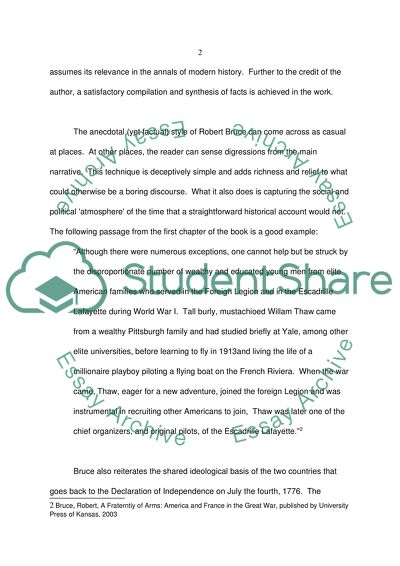Cite this document
(“A Fraternity of Arms - American & France in the Great War Book Report/Review”, n.d.)
Retrieved from https://studentshare.org/family-consumer-science/1407151-a-fraternity-of-arms-american-france-in-the-great
Retrieved from https://studentshare.org/family-consumer-science/1407151-a-fraternity-of-arms-american-france-in-the-great
(A Fraternity of Arms - American & France in the Great War Book Report/Review)
https://studentshare.org/family-consumer-science/1407151-a-fraternity-of-arms-american-france-in-the-great.
https://studentshare.org/family-consumer-science/1407151-a-fraternity-of-arms-american-france-in-the-great.
“A Fraternity of Arms - American & France in the Great War Book Report/Review”, n.d. https://studentshare.org/family-consumer-science/1407151-a-fraternity-of-arms-american-france-in-the-great.


